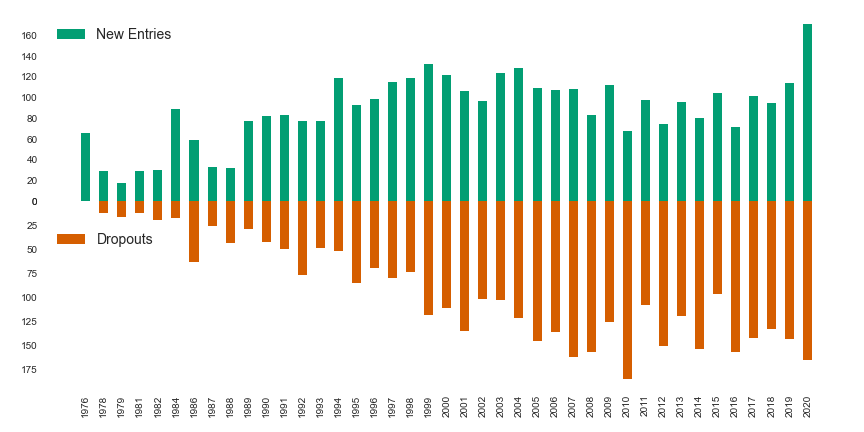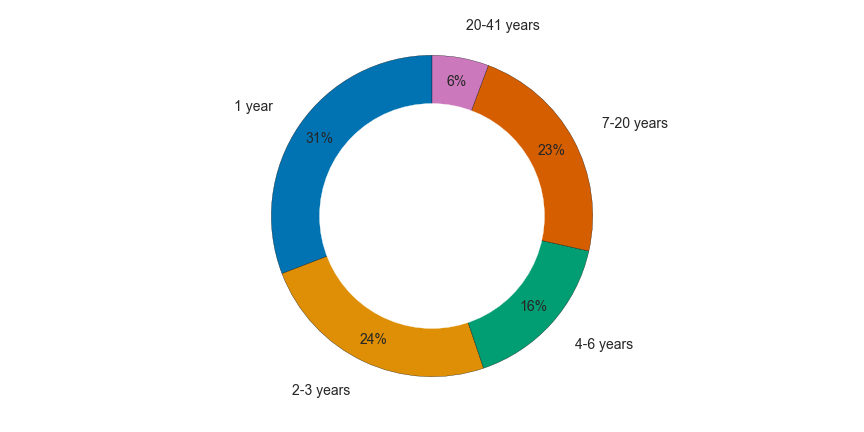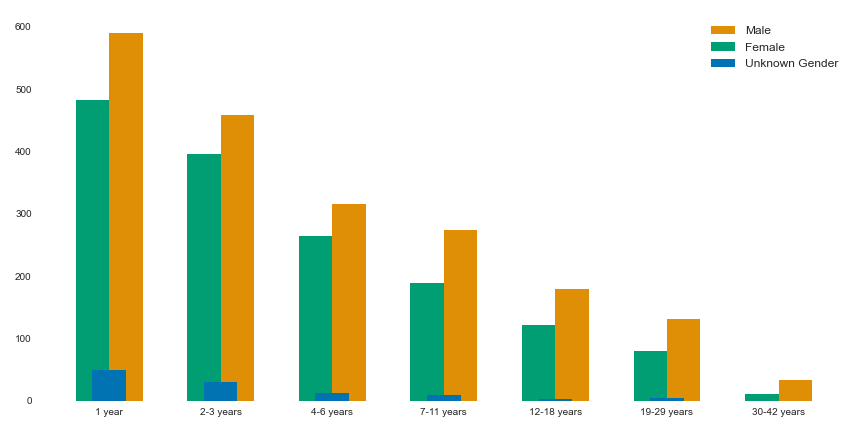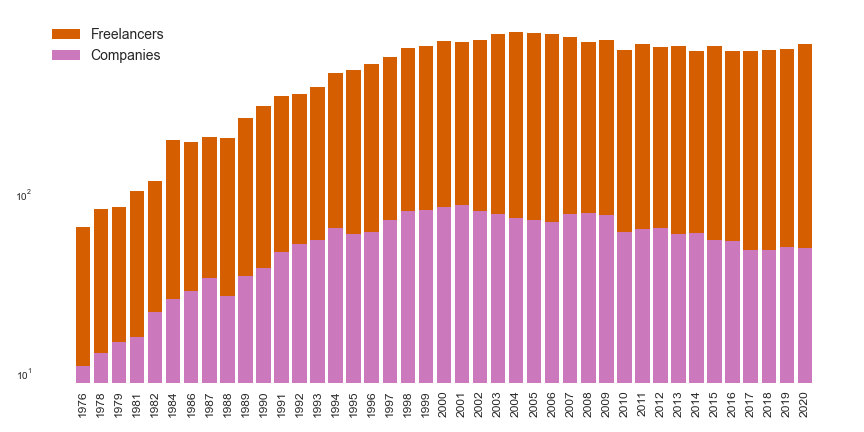Challenges & Barriers to Entry
It is acknowledged by the industry that it is hard to get started working in the screen sector (Carey, Crowley, Dudley, Sheldon and Giles, 2017). It is highly competitive and there are systemic barriers making it hard for all new entrants but in particular women, ethnic minorities and those with disabilities. The structure of the workforce and the variety and range of departments and job roles is not common knowledge and many areas have specialised hierarchies.
To make these jobs more attractive there needs to be greater transparency for potential recruits as to how the industry is structured, the varied range of different roles and information about the career pathways.
“New entrants just need to brace themselves for this wave of negativity”
“When you’re trying to break into the industry I think it’s great to show that you’re pro-active and to be working on shorts and all that stuff but also try to look at opportunities where you can interact with professional crews”
(Survey of Film Bang Freelancers, Summer 2020)Ways In
“Everybody’s way in is different”
“By sheer chance and luck I saw a crew call advert on the Creative Scotland website”
“I got a uni placement at the BBC and then two weeks at IWC plus working on self-funded stuff. I was just figuring out how to get into the real world”
“I really didn’t know how to get into television or film. A guy with an advertising firm needed a PA. I said I’d do it. And that was my way into the industry – making commercials”
“I think there’s a lack of understanding of all the avenues, there’s probably a role for everyone”
“I got a uni placement at the BBC and then two weeks at IWC plus working on self-funded stuff. I was just figuring out how to get into the real world”
“Back at uni I got some work experience with a facilities house. It was great seeing the set-up. After I left university I wasn’t really aware of the freelance nature of the job – since I’ve been in BECTU I’ve been more aware of things”
(Survey of Film Bang Freelancers, Summer 2020)Knowledge & Information Barriers
Knowledge and information barriers were highlighted by our survey respondents citing that a key challenge is “Finding work when positions aren’t advertised”, and that to get work “You need to know someone, which is not good working practice.”. Several argued that that there should be “More transparent hiring. Navigating the person to person network from outside of Glasgow is next to impossible.”. This lack of access to networks means entry level jobs (indeed all levels of jobs) can be opaque.
(Survey of Film Bang Freelancers, Summer 2020)"... work experience is almost essential to gain entry to employment in the sector. The average worker within film must undertake 46 days of unpaid work experience before gaining their first “official” position, and across the whole creative sectors, new entrants work unpaid on average for 52 days before gaining a paid position. Undergoing two and half months of unpaid work is a mammoth task for anyone without private financial backing, and poses a significant barrier to entry into the screen industry."
(Carey, Crowley, Dudley & Giles, 2017: 11)Recruitment & Turnover
Recruitment is through narrow channels, and frequently based on social connections (nepotism) amounting to a closed shop so newcomers are most vulnerable at a point in their careers where job uncertainty is greatest and unpaid internships are dominant. (Carey, Crowley, Dudley & Giles, 2017 p15) We see a very high level of attrition with new entrants failing to get established and so leaving the industry.
The data in Film Bang confirms this with 31% of those listed dropping out after only one year.

“While the creative Industries and creative economy are now recognised as a policy priority; and many consider the sector to offer high value activities, highly paid, high-skilled roles, this is not the full reality. Much of the work is often low-paid and precarious, jeopardising the health and wellbeing of the workforce, and there are significant concerns about how improvements are hampered by management and leadership capability and poor working practices”.
(Carey, Florisson & Giles, 2019)“Luckily I never did dailies. It’s incredibly difficult for young people from disadvantaged backgrounds to get a foot in because you have to be available for dailies which you can’t do if you have to work to survive and can’t hang around waiting for a call”
“It’s difficult for parents to understand the industry set up for you to work all these crazy hours”
(Survey of Film Bang Freelancers, Summer 2020)Challenges
The most common cited challenge was to do with finding work. Job insecurity, low pay for junior roles, and the complexity of HMRC regulations regarding self-employed status were all highlighted as issues across large numbers of respondents.
The Covid-19 pandemic has exposed the problems caused by various types of ‘freelance’ identities.
Many bodies lobbying for freelancers have argued that this patchwork of regulations has resulted in this section of the workforce failing to receive an adequate level of support from Government for the disruption caused by lockdown during the pandemic compared to other parts of the economy.
“Not enough work throughout the entire year for everyone to live comfortably"
“High competition for work while being pushed to do more and more for less due to dwindling budgets. You are now expected to be all singing all dancing which can only ever have a detrimental effect on the final product"
(Survey of Film Bang Freelancers, Summer 2020)Working Conditions
Many drew attention to difficult working conditions, long anti-social hours, and how this was detrimental for mental health and well-being.
“Crazy hours, complicated work flow – one of those jobs where you check out of your life for 6 weeks”
“The working hours are brutal. On ……. I was dressing extras at 3 in the morning and didn’t switch off the laptop until 8 in the evening”
“It’s a hellish industry regarding care for its workforce, I think it's possibly one of the worst. Long hours, pretty unchecked work practices, family unfriendly, holiday unfriendly, no nurturing of careers as many are freelance, have seen some very talented older people over the years left feeling isolated and useless, where in other work areas their wisdom and long experience would be valued. It's truly sad ”
(Survey of Film Bang Freelancers, Summer 2020)Caring Responsibilities:
Survey responses pointed to how freelance working in the screen sector is currently incompatible with caring responsibilities. The challenge of returning to freelance work after a career-break was also seen as unsurmountable. This leads to a talent drain, with many people with skills and experience effectively unable to continue or return.
“...the insecurity and often temporary nature of labour within the creative industries disproportionately affect women (as well as people from other disadvantaged social groups).”
“The screen sector is not child-friendly for working mothers. At all.”
“Working hours on set are not family friendly”
“With the arrival of my first child I'm already experiencing job offers being effected by the fact I'm a parent”
“It was not possible to keep working in the screen sector once I had children”
(Survey of Film Bang Freelancers, Summer 2020)Sustaining Career Longevity
The listings reveal that despite the high rate of attrition there are a significant number of freelancers remaining in the directory for 7 years or more 29% (1035). With 10% (357) entries who have careers longer than 15 years, and 6% (207) of the total entries are listed for over 20 years. These longer careers are essential for sustained growth in a regional screen cluster. In the short-term increased production capacity can be created with freelancers moving to work on short-term contracts away from home, bring crew from other parts of the UK to work on productions in Scotland. This has always been a part of the way in which the film and television industry has worked for location filming.

Turnover
During the years 1998 - 2006 people in higher numbers sustained careers between 7 - 10 years. They entered the directory during a period of high and expanding production in Scotland with film such as Trainspotting, Rob Roy and returning television productions like Taggart and High Road still being produced.

Sustaining Career Longevity
Long-term dependency upon incoming crew inhibits growth and prevents a regional cluster from nurturing the pool of talent required to support on-going expansion. Although the numbers are relatively small the fact that Film Bang reveals that Scottish freelancers have sustained these lasting careers is significant. In order to allow this expansion to continue (or start up once more) it will be essential to support those in mid-career and find ways to keep this skilled workforce in the local industry and support them so they do not either move away permanently or leave the sector.

Strategies for resilience and survival
Career Strategies: Our survey and interview responses make it evident that longevity of career requires determination and resilience with a personal commitment to remaining in the industry. Survival is not possible without an excellent professional work ethic, strong network of contacts and unstinting flexibility.
“Working hard and maintaining a good relationship with people I work with.”
“Being open to work at any budget level. Being prepared to work hard, be uncomfortable, hungry, tired, and trying to remain cheerful whilst doing so. Abandoning all notions of a regular life outside work”
Mobility: Although most crew in Film Bang seek work locally, some are based in Scotland but do most of their time work in other parts of the UK and overseas. The qualitative evidence shows this is especially true for senior creative roles across both production, editorial and technical departments. Being mobile and able to work outside Scotland is an essential strategy for those heads of department to progress to higher quality, higher budget productions.
“[You need to be] prepared to move around to facilitate work“
“Extreme flexibility regarding location of work. Maintaining good contacts across the industry. Being good at my job.”
(Survey of Film Bang Freelancers, Summer 2020)Finance
Financial planning and developing skills in money management was seen as essential and an area where the workforce could benefit from ongoing training and support. A number of interviewees raised the idea that they expected that their freelance career would necessarily only be for a short-term duration and that they expected to move on, “settling down” in their thirties, foresaw they would need a less uncertain work life with regular hours and better working conditions. Others who had sustained long careers talked about the challenge of finding a suitable exit strategy and pivoting to a different career.
